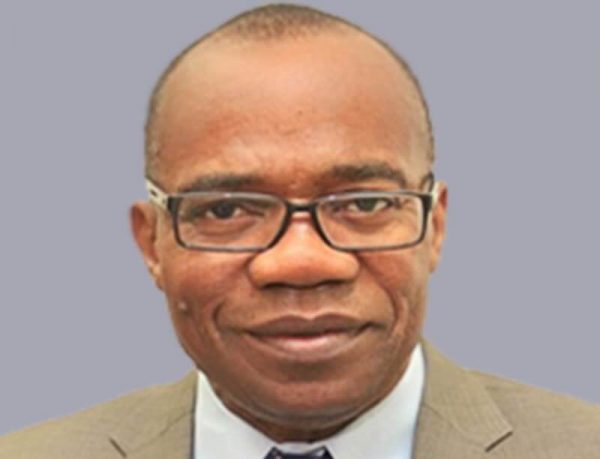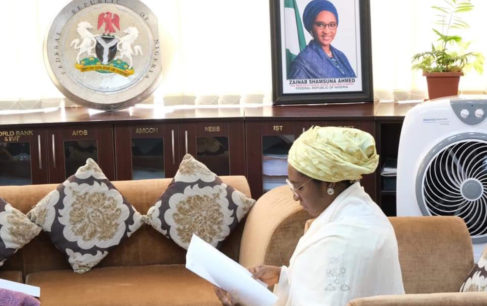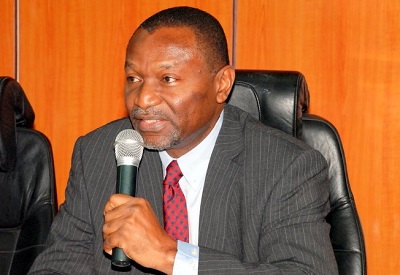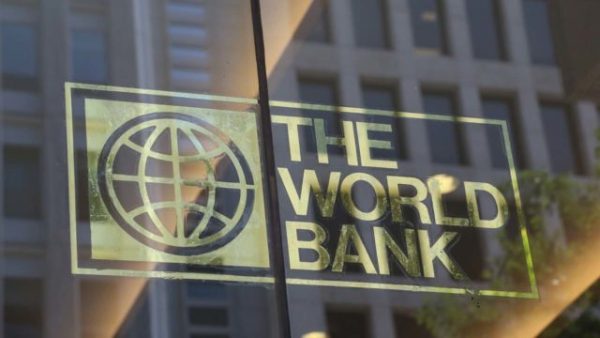Despite US Rate Hike, CBN Says No Cause for Alarm

Regardless of the United States Federal Reserve’s recent hike of its benchmark short-term interest rate by a quarter percentage point as well as its signalling of two more increases this year, the Central Bank of Nigeria (CBN) has said there is no cause for the alarm.
The Deputy Governor (Economic Policy Directorate), CBN, Dr. Joseph Nnanna, who said this in a chat with media source yesterday, however, stressed the importance of capital inflows into the Nigerian economy.
Nnanna noted that the yield on Nigeria’s treasury bills was still attractive, irrespective of the US normalisation.
The Fed about a fortnight ago, had pushed interest rate to a range of 1.75 per cent to two per cent and this had heightened concerns of capital outflows from Nigeria.
According to Nnanna, with external reserves at about $49 billion, the CBN is in a comfortable position to meet all its obligations.
“The good thing about this is that the CBN is prepared to meet every foreign portfolio investors (FPIs) at their exit. When they want to go, and they say they want their money, we would write their cheque and give to them, unlike in the past.
“In 2016, we were caught with our pants down. So, now, we are prepared for them. We have a war chest of close to $49 billion in external reserves,” he said,
Nnanna, put the total volume of transactions on the Investors’ and Exporters’ (I & E) window at about $25 billion.
Nevertheless, he pointed out that emerging markets are currently experiencing capital reversal.
“From Argentina to Malaysia, South Africa, Ghana, Egypt, and Nigeria is not excluded. But the reversal in Nigeria is not much.
“So, the point here is that if the share of FPIs in the system is less than one quarter of that, why do we have to worry?
“The point of the matter is that the exchange rate has remained stable and that makes the yield curve to be still attractive, no matter what the US does with its normalisation.
“But for sure, the US normalisation is a very big threat to emerging markets and there is no question about that,” he added.
He, however, disclosed that the CBN has been meeting with the FPIs with a view to letting them know that the Nigerian economy remains strong.
“They (FPIs) have been coming to us, we have been holding bilateral and multilateral meetings. They come virtually every day.
“As I speak, the CBN Governor is in Switzerland and it is also an opportunity to meet with some of the investors.
“The important thing is that the economists in the third world countries should be ready to attract FPIs and also be ready to tell them goodbye if they want to go.
“If they (FPIs) want to go and you put a road block, then you will be in trouble and when they go, they won’t come back,” he explained.
Analysts at Moody’s Investors Service recently stated that Nigeria’s continued dependence on oil and gas means the country may face a range of challenges in the coming years.
Nigeria has struggled to reform its oil sector, improve the regulatory environment and increase transparency.
But Moody’s noted that increasing non-oil tax intake remains one of the biggest challenges facing Nigeria, saying the Nigerian authorities’ efforts to increase non-oil revenue since late 2015 had “been largely unsuccessful.”
“By contrast, the increase in Nigeria’s debt burden was much slower in recent years and Moody’s expects it to stabilise at around 20 per cent of Gross Domestic Product by the end of 2018,” it stated.







